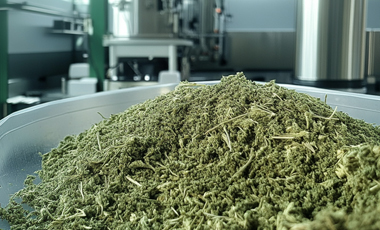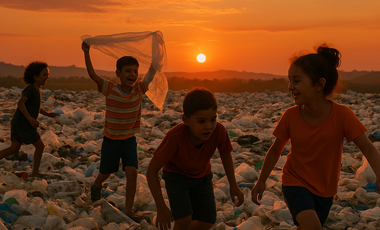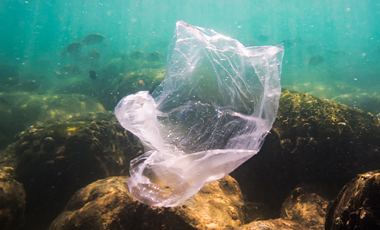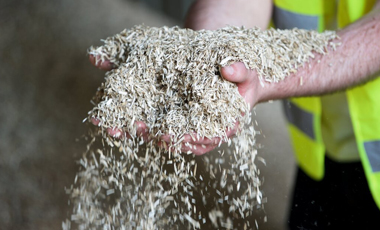

Plastic Pollution: A 21st Century Environmental and Health Challenge
Plastic pollution has become one of the most pressing environmental crises of our time.
According to the Health and Environment Observatory, approximately 8 million tons of plastic are dumped into the oceans every year, the equivalent of a garbage truck full of plastic being emptied every minute.
If we do not reverse the trend, it is estimated that by 2025 there will be one ton of plastic in our oceans for every three tons of fish, and by 2050 there will be more plastic than fish.
Health and environmental impacts
The accumulation of plastics in marine ecosystems not only affects wildlife, but also has a direct impact on human health. Microplastics, tiny fragments that result from the degradation of plastic products, have been found in drinking water, food, and even the air we breathe. Their ingestion can cause adverse health effects, including endocrine disruption and other problems that are still being studied.
Landopp's response
At Landopp, we recognize the magnitude of this challenge and are committed to developing innovative solutions to help reduce plastic pollution. Our focus is on the research and production of organic and biodegradable materials that can replace conventional plastics in various industrial and everyday applications.
Biopolymer Innovation
Our efforts are focused on creating biopolymers from renewable resources, such as agricultural residues, that not only reduce dependence on fossil fuels, but also provide a sustainable and biodegradable alternative. These materials are designed to integrate efficiently into the circular economy, minimizing environmental impact from production to decomposition.
A call to action
The current situation is critical, but we believe that with innovation, commitment and collective action, it is possible to reverse negative trends and build a cleaner, healthier future. We invite everyone to join us in our mission by adopting responsible consumption habits and supporting initiatives that promote sustainability.
Other related news
-
Sustainability

Industrial hemp: a strategic driver for Uruguay’s new bioindustry
Could this be the cornerstone of a new green and regenerative economy for Uruguay?
-
Sustainability

Redefining Value: Why Investing in Sustainability is No Longer Optional
In a world where the word "cost" drives key business and government decisions, we need to rethink what we are talking about when we talk about investment.
-
Sustainability

At the bottom of the sea: the garbage that betrays us
The Calypso Trench in the Ionian Sea reveals a worrying concentration of marine debris, revealing the extent of human pollution in the depths of the ocean.
-
Sustainability

Hemp: A crop with a future
For years its potential was ignored, but today the world is rediscovering all that hemp can bring to industry and the environment.
